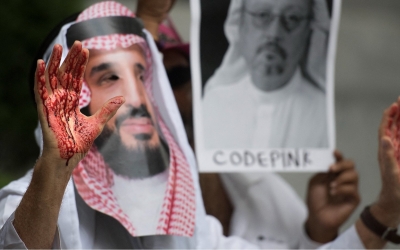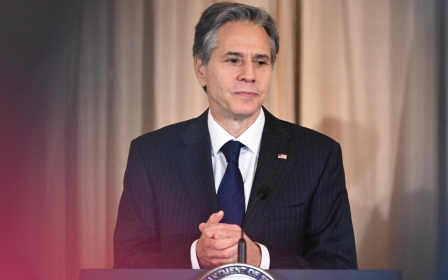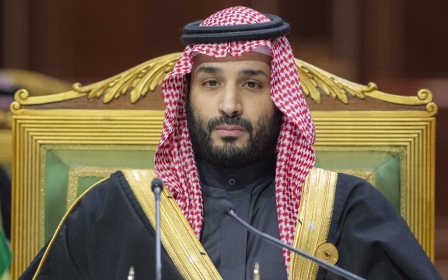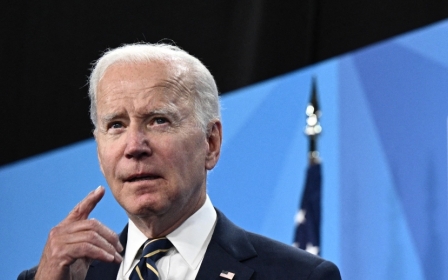US nationals urge Biden to help free relatives detained in Egypt and Saudi Arabia
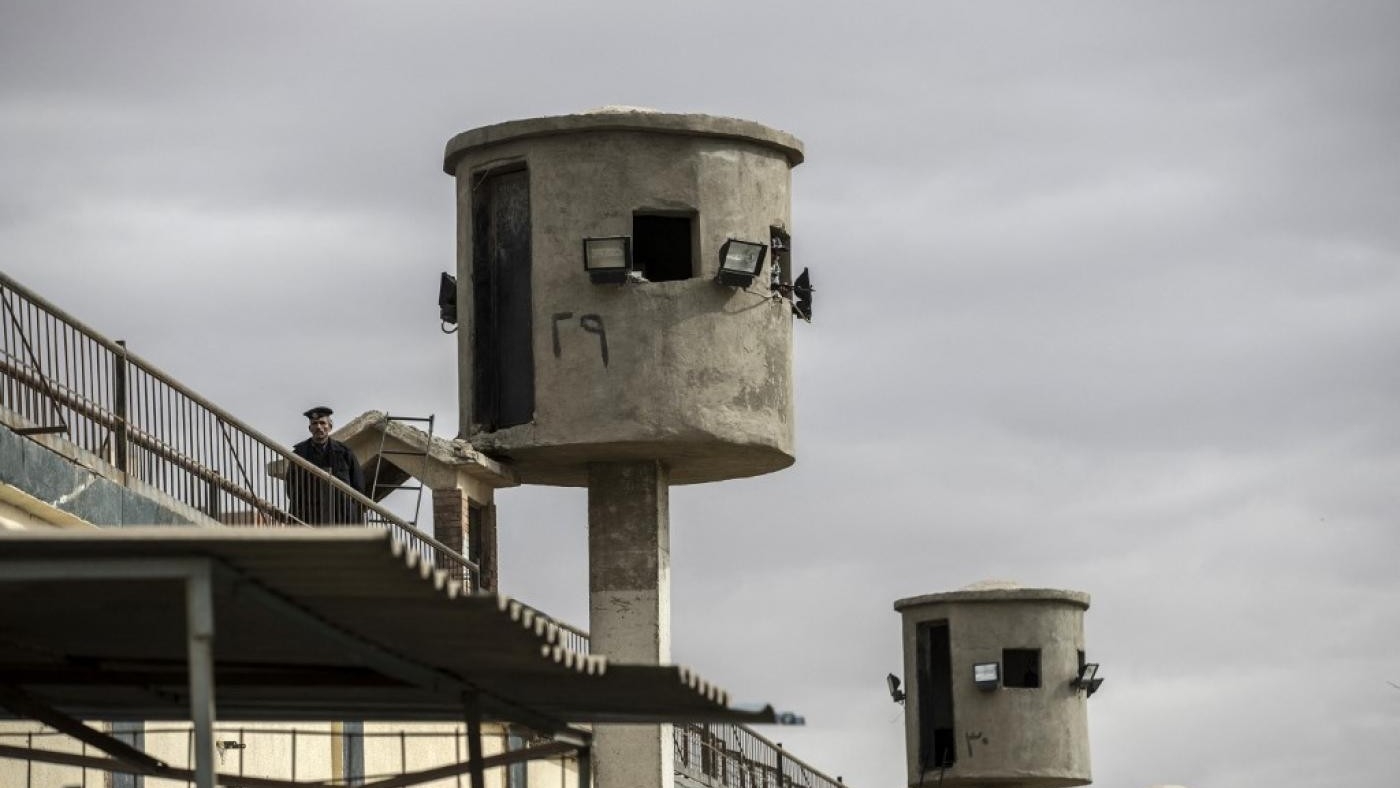
A group of US nationals and residents whose relatives are detained in Saudi Arabia and Egypt are urging President Joe Biden to help secure their freedom as he prepares to travel to the Middle East this month to meet with the leaders of both countries.
In a letter sent to the White House on Wednesday, the group made the appeal on behalf of more than 30 people detained by Riyadh and Cairo, including a journalist, rights activists and dissidents.
Some have officially been released but are subject to travel bans, while others have received harsh sentences for their public criticism of authorities.
"Like you, we have spent many holidays, the births of children and grandchildren, and other important family events with empty seats at our tables," the families said in a letter delivered to the White House, as quoted by The Wall Street Journal.
"We appeal to your sense of compassion and commitment to justice to alleviate our suffering."
The longest-serving detainee mentioned in the letter is Salah Soltan, a US permanent resident who served in the government of deposed Egyptian President Mohamed Morsi.
He was sentenced to life in prison in a 2017 mass trial that rights groups criticised as unfair. Soltan's son Mohamed is an American citizen who was himself imprisoned for nearly two years before being stripped of his Egyptian citizenship and extradited to the US.
The most prominent US citizen on the list is Walid al-Fitaihi, a Saudi doctor who has been released from detention - but cannot leave the country.
Other individuals either detained or barred from travel include journalist Salah al-Haidar and his mother Aziza al-Yousef, Abdulrahman al-Sadhan, women's rights activist Loujain al-Hathloul, scholar Salman al-Awdah, and the children of Saudi Arabia's former spy chief Saad al-Jabri: Sarah and Omar al-Jabri.
The letter comes a week before Biden travels to Saudi Arabia for a summit of regional leaders, including countries from the Gulf Cooperation Council, Egypt, Jordan, and Iraq.
Egyptian President Abdel Fattah el-Sisi is expected to attend, and Biden will meet for the first time as president with Saudi Crown Prince Mohammed bin Salman, the de facto leader of Saudi Arabia.
Hopes of Biden's human rights commitments 'fading'
The relatives said in their letter to Biden that the hope they held in his promises regarding human rights was fading as Washington pursues a diplomatic reset after its relationship with Riyadh hit its lowest point in decades.
"We worry that these warmer relations will only eclipse the plight of our loved ones, and we at least expect closer ties be utilized to insist on their release and our reunification," they wrote.
Earlier this week, a number of families of detainees in Saudi Arabia and Egypt voiced anger after they were left out of a call held by US Secretary of State Antony Blinken with a number of relatives of US nationals who are hostages or otherwise wrongfully detained abroad.
Being left out of the call raised concerns they were being sidelined ahead of Biden's trip to the Middle East.
Saudi activists have said they felt betrayed by Biden's visit, who vowed as a candidate to put human rights at the centre of his administration's foreign policy and treat Saudi Arabia as a "pariah" over the 2018 killing of journalist Jamal Khashoggi.
Sisi, meanwhile, has jailed tens of thousands of people since deposing Egypt's democratically elected president, Mohamed Morsi, in 2013.
More than half of all prisoners in Egypt are political, according to the Arabic Network for Human Rights Information.
The administration also deepened cooperation with Egypt last year on security, economics and climate change in a step towards closer ties - despite rights groups having raised concerns over the deteriorating rights sitiation in the country.
While Biden on the campaign trail said there would be no more "blank cheques" for Sisi, the administration has approved billions of dollars of arms deals to Cairo.
The White House and the embassies of Saudi Arabia and Egypt in the US did not respond to Middle East Eye's request for comment by time of publication.
Middle East Eye delivers independent and unrivalled coverage and analysis of the Middle East, North Africa and beyond. To learn more about republishing this content and the associated fees, please fill out this form. More about MEE can be found here.


